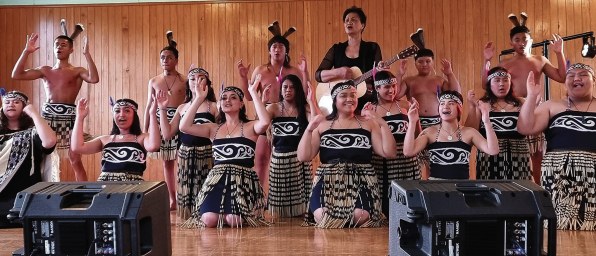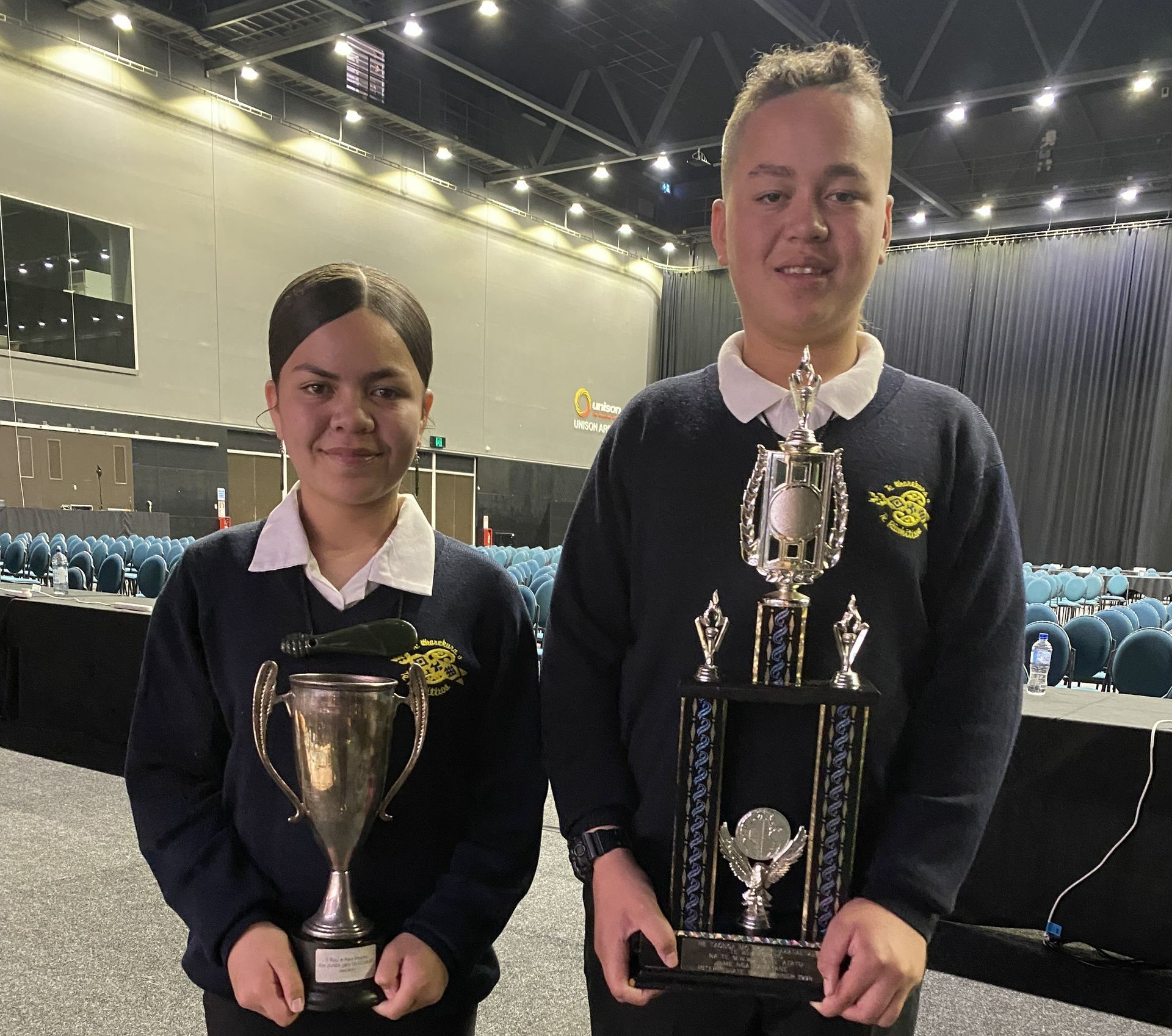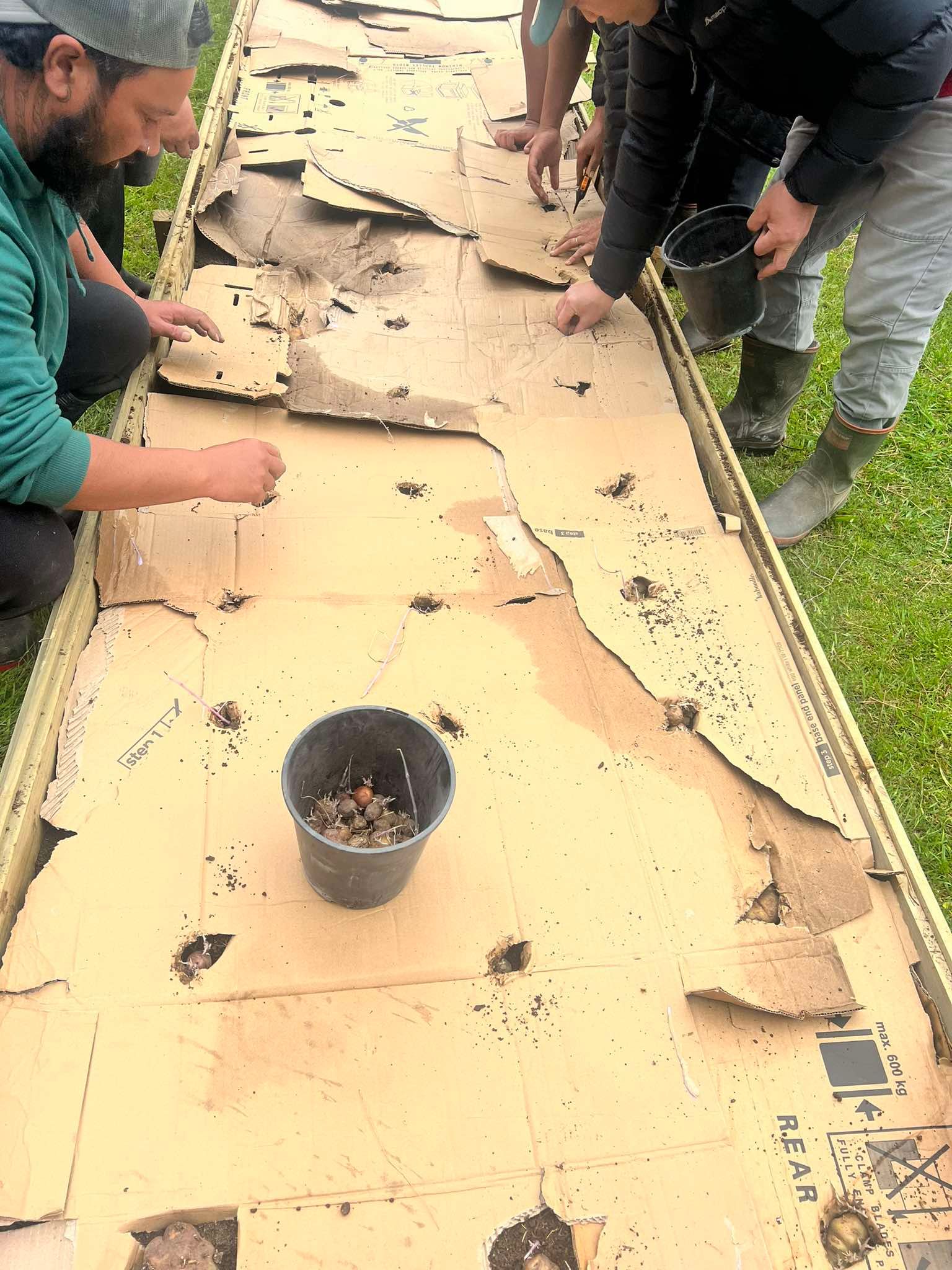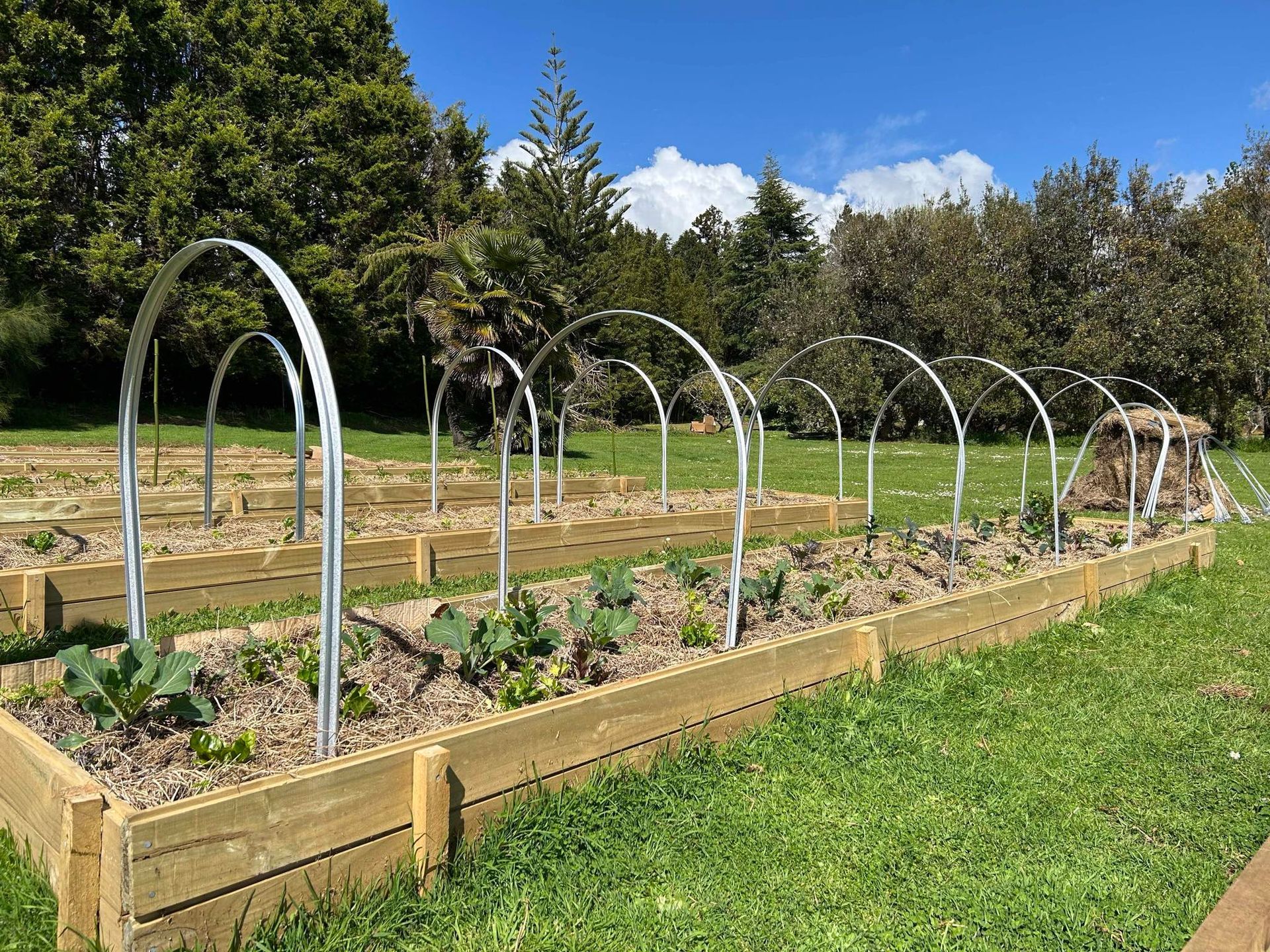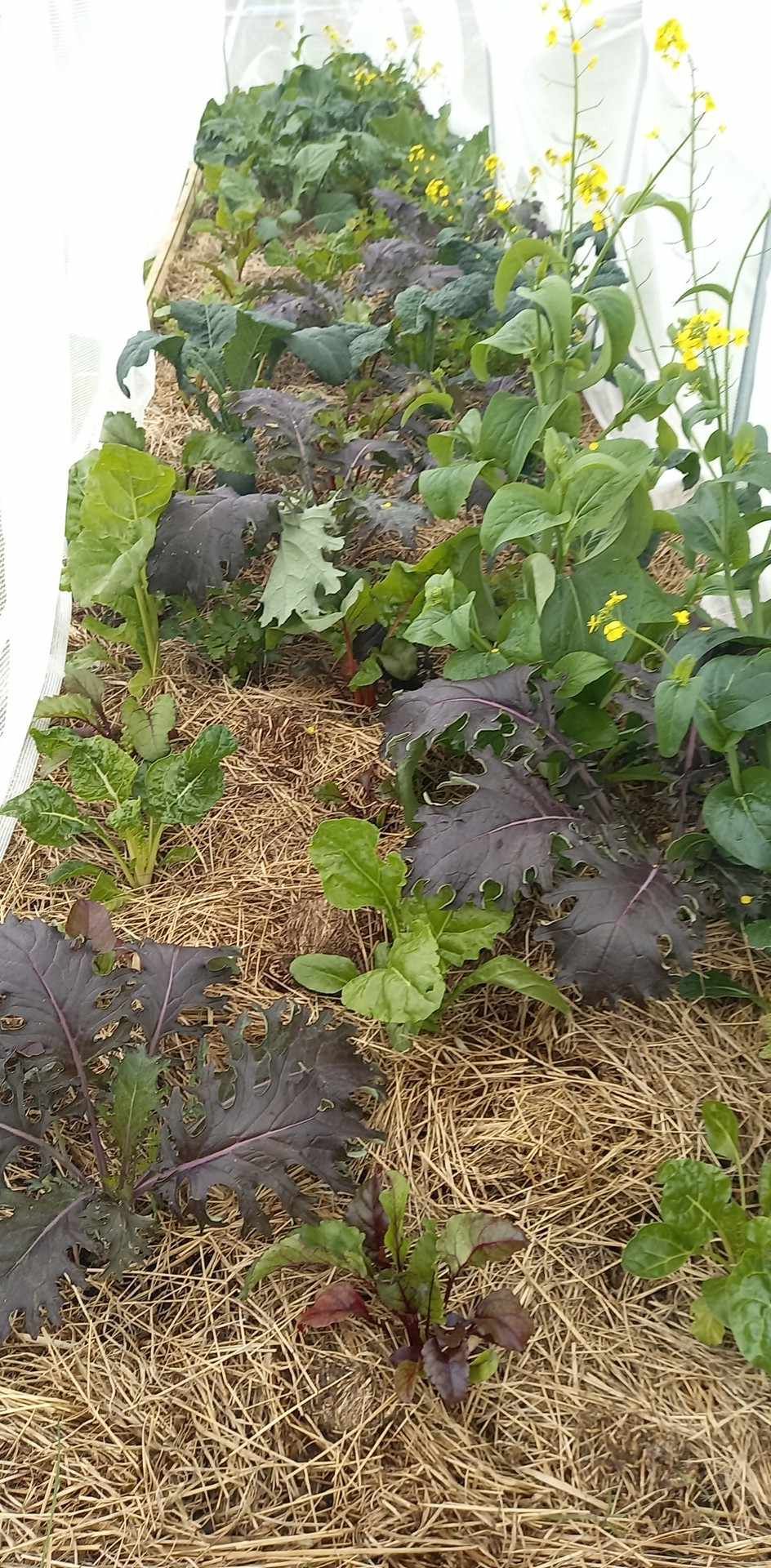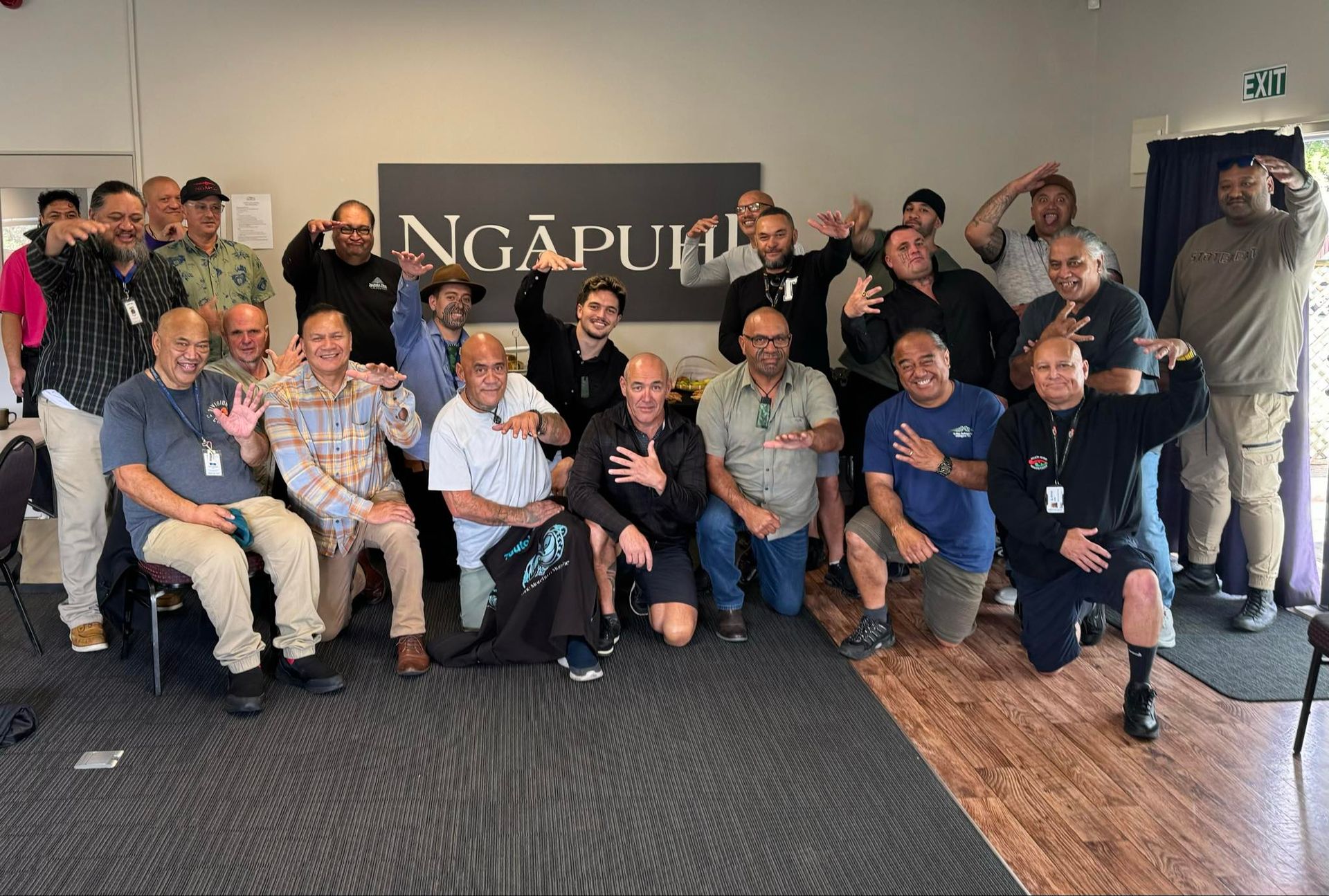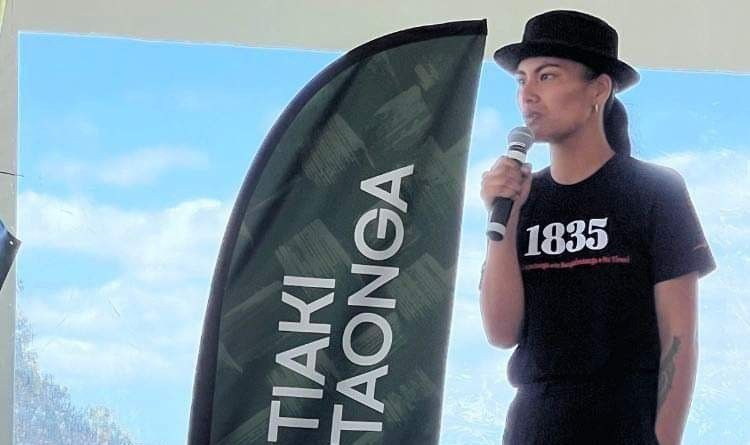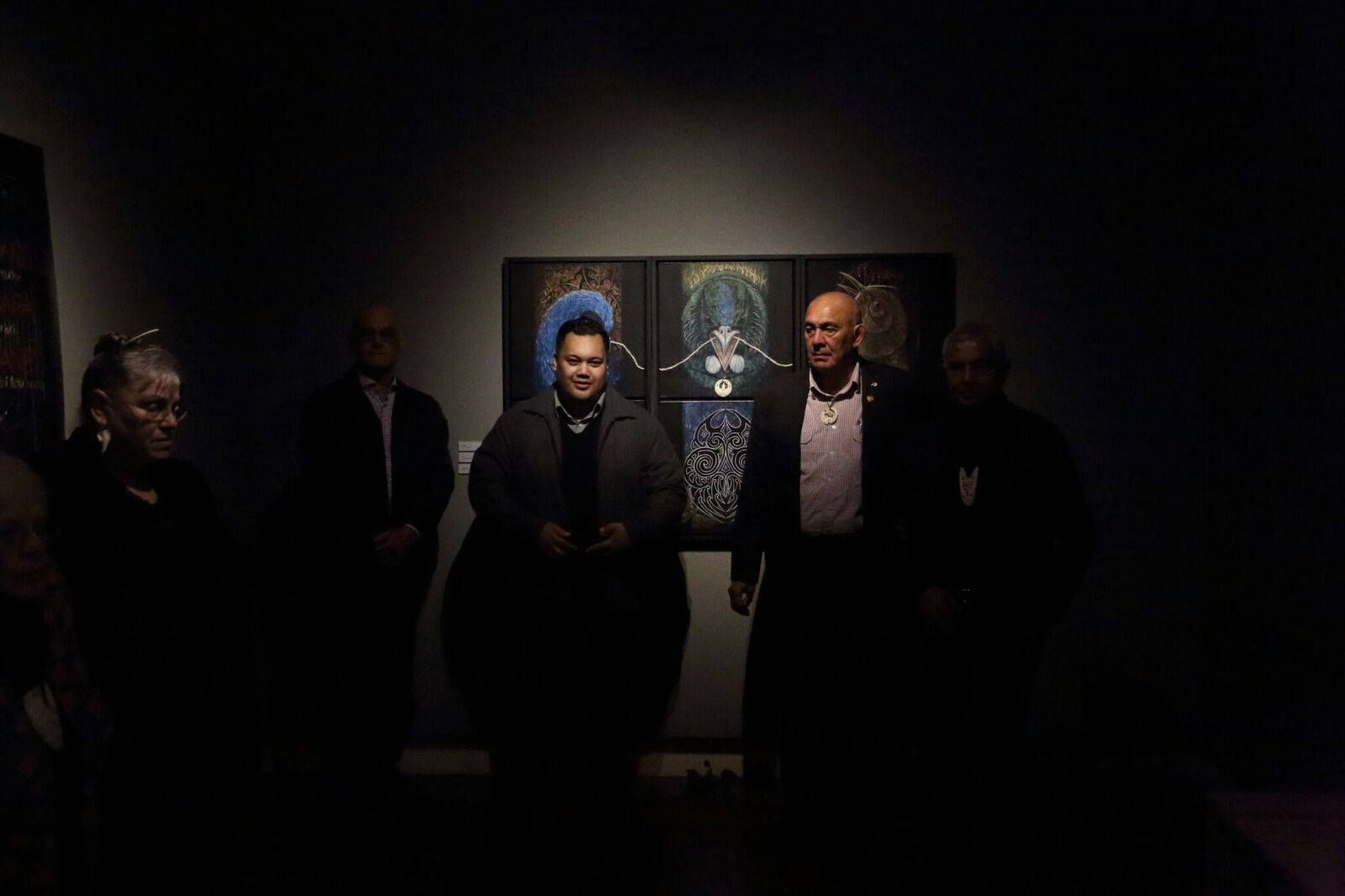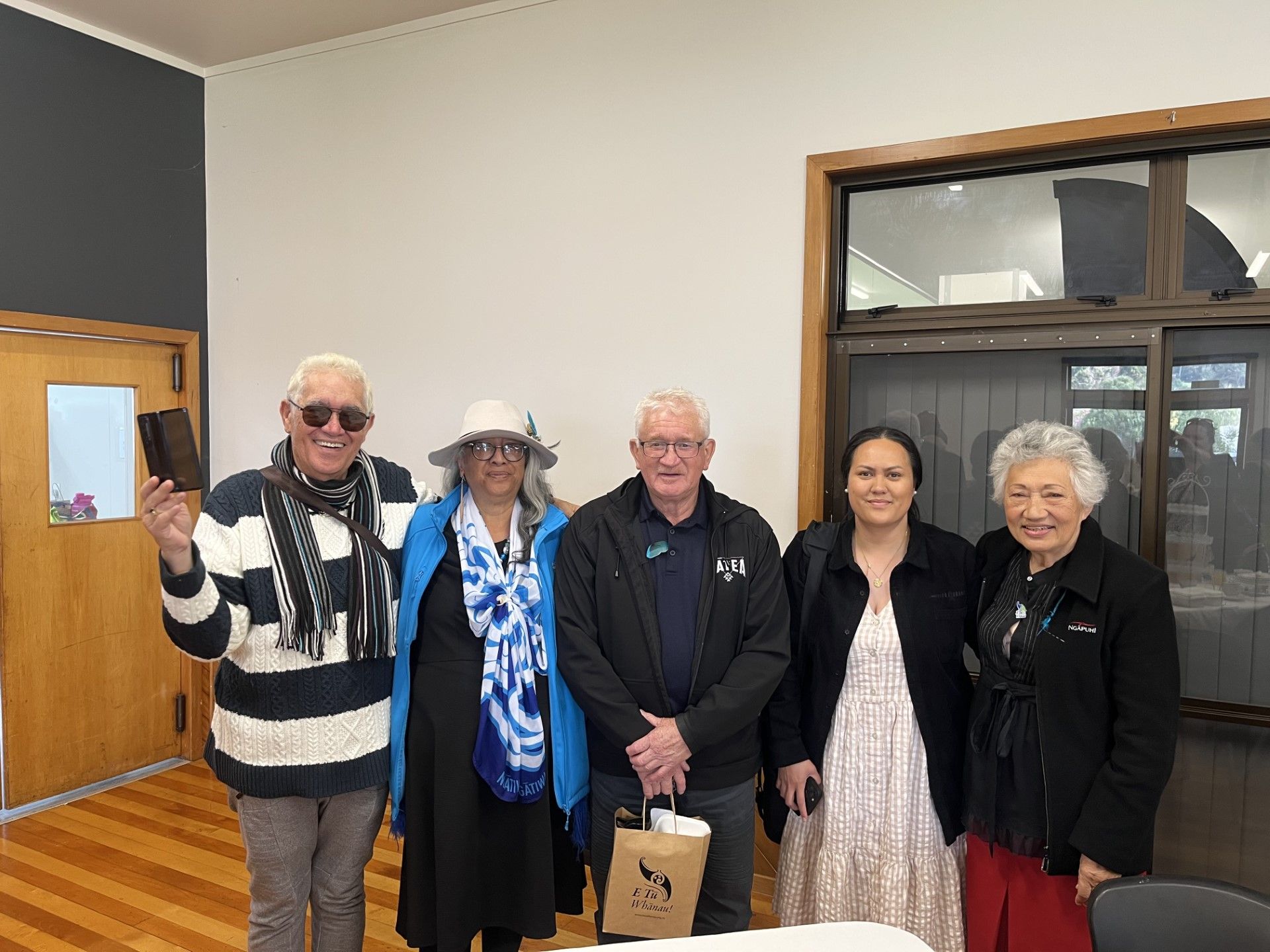Ngāpuhi Iwi Social Services (NISS) is cultivating something special in the heart of Kaikohe—a maara kai (community garden) that is set to have a lasting impact on whānau and taitamariki across the region. In partnership with gardening experts Paula and Fred Hohua, the initiative brings the community together with a shared vision of health, wellbeing, and sustainable living.
Located at a NISS property off Cumber Road, this space usually serves as a hub for mentoring and learning for taitamariki. Now, with the maara kai project in full swing, it has also become a site for reconnecting with the land and learning the traditional practices of growing kai. For the youth workers and taitamariki who drive this initiative, it’s more than just gardening—it's about strengthening whānau, sharing mātauranga (knowledge), and creating pathways to better health and wellbeing.
The idea for the maara kai was born from a desire to address a real issue many whānau are facing today: access to healthy, sustainable, and affordable kai. With food costs rising, NISS saw an opportunity to support the community by growing their own huawhenua (vegetables) as part of a wider plan to establish a social supermarket. The maara kai will supply fresh produce
to the supermarket, ensuring whānau have access to nutritious kai.
Leading the way, Paula and Fred Hohua bring decades of experience in maara kai practices. Their guidance has not only taught practical gardening skills but also provided valuable lessons for the tinana (body), hinengaro (mind), and wairua (spirit).
The project has seen incredible progress thanks to the dedication of NISS mentors and taitamariki. They’ve built six raised beds, installed water tanks, and planted spring vegetables like peas, beans, and pumpkin. The excitement is growing along with the plants.
“Our taitamariki and the team have worked hard, and it’s inspiring to see them so engaged,” says Paula Hohua. “There’s been a lot of physical work, but everyone has embraced it. It’s exciting to see the maara come to life.”
In addition to the raised beds, a rongoā (traditional medicine) and food forest sanctuary has been established with native and fruiting trees. Digger work has been completed, and irrigation systems are being installed to ensure the plants thrive.
As the project continues, the mentors are eager to expand the maara, trial new crops, and learn more from Paula’s wealth of knowledge. Their mahi will not only provide kai but also empower taitamariki to take pride in their contributions, learn new skills, and grow closer to their community.
This initiative is a true example of collective well-being—by working together, NISS, the taitamariki, and whānau are planting seeds for a brighter, healthier future. The maara kai is more than just a garden; it’s a symbol of what can be achieved when we come together to nurture our land and our people.
With the help of Paula and Fred, the Mahuru Maara will soon be fully operational, offering a place for taitamariki to continue learning, growing, and sharing their knowledge with the wider community. The work done here is not only a source of pride but a step towards a sustainable and healthy future for all.
Ngāpuhi Iwi Social Services is proud to lead this project, highlighting the importance of collective mahi and the power of working together for the wellbeing of future generations. As the maara kai flourishes, so too does the strength of the community.
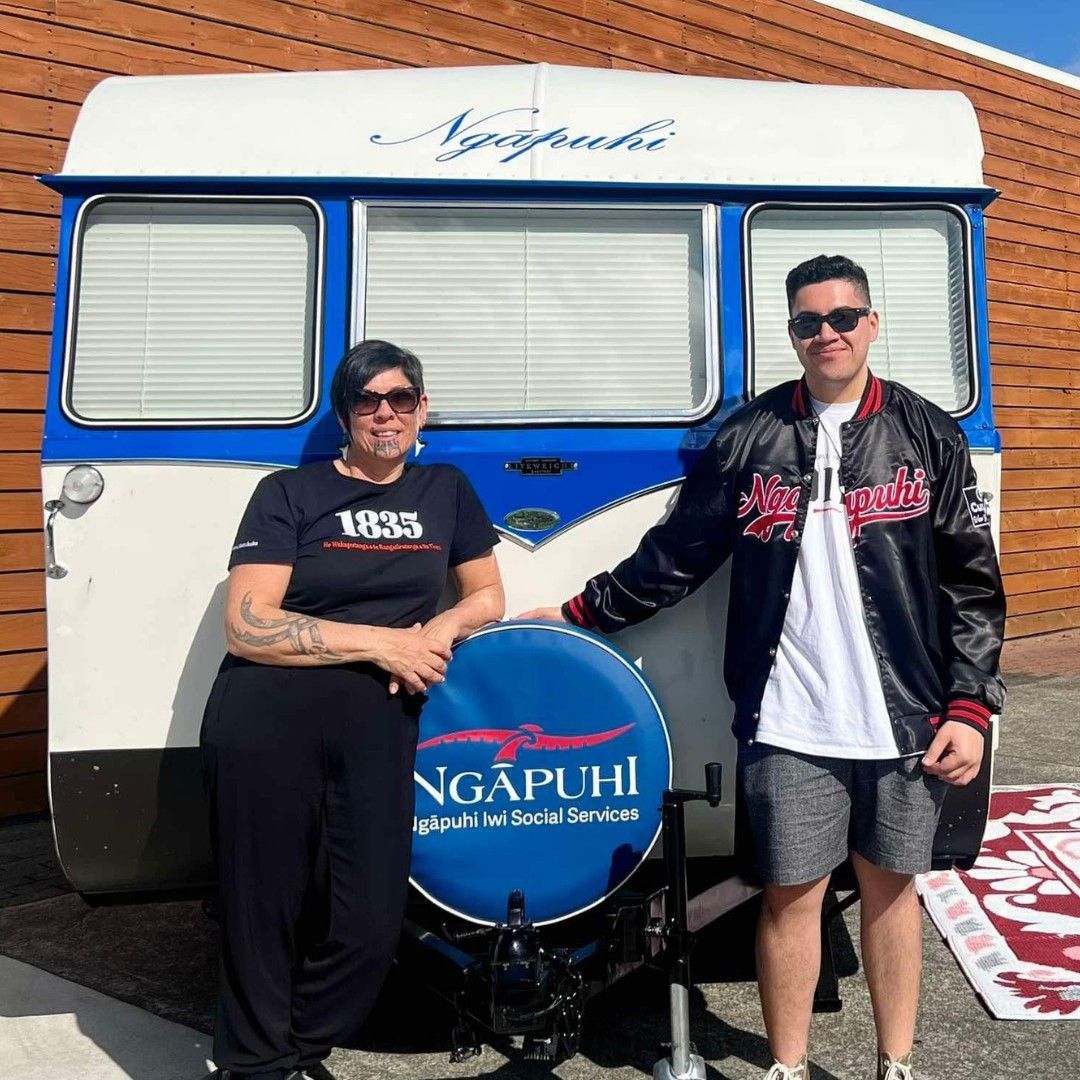
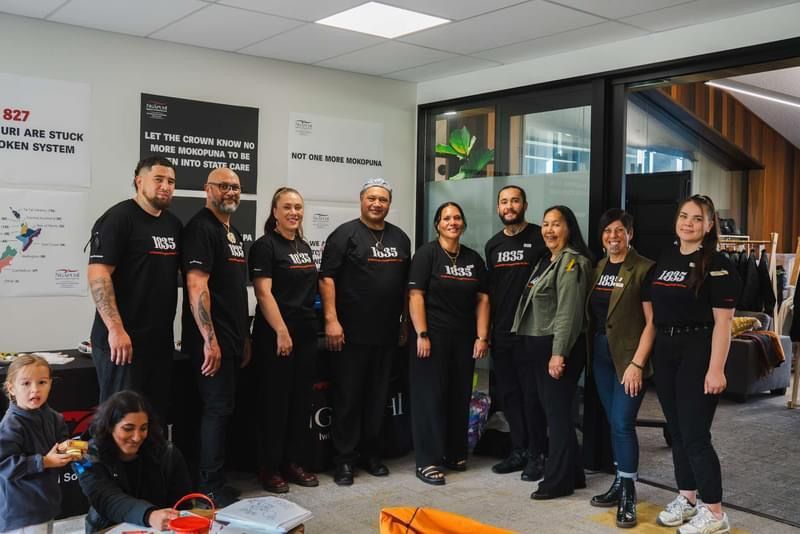

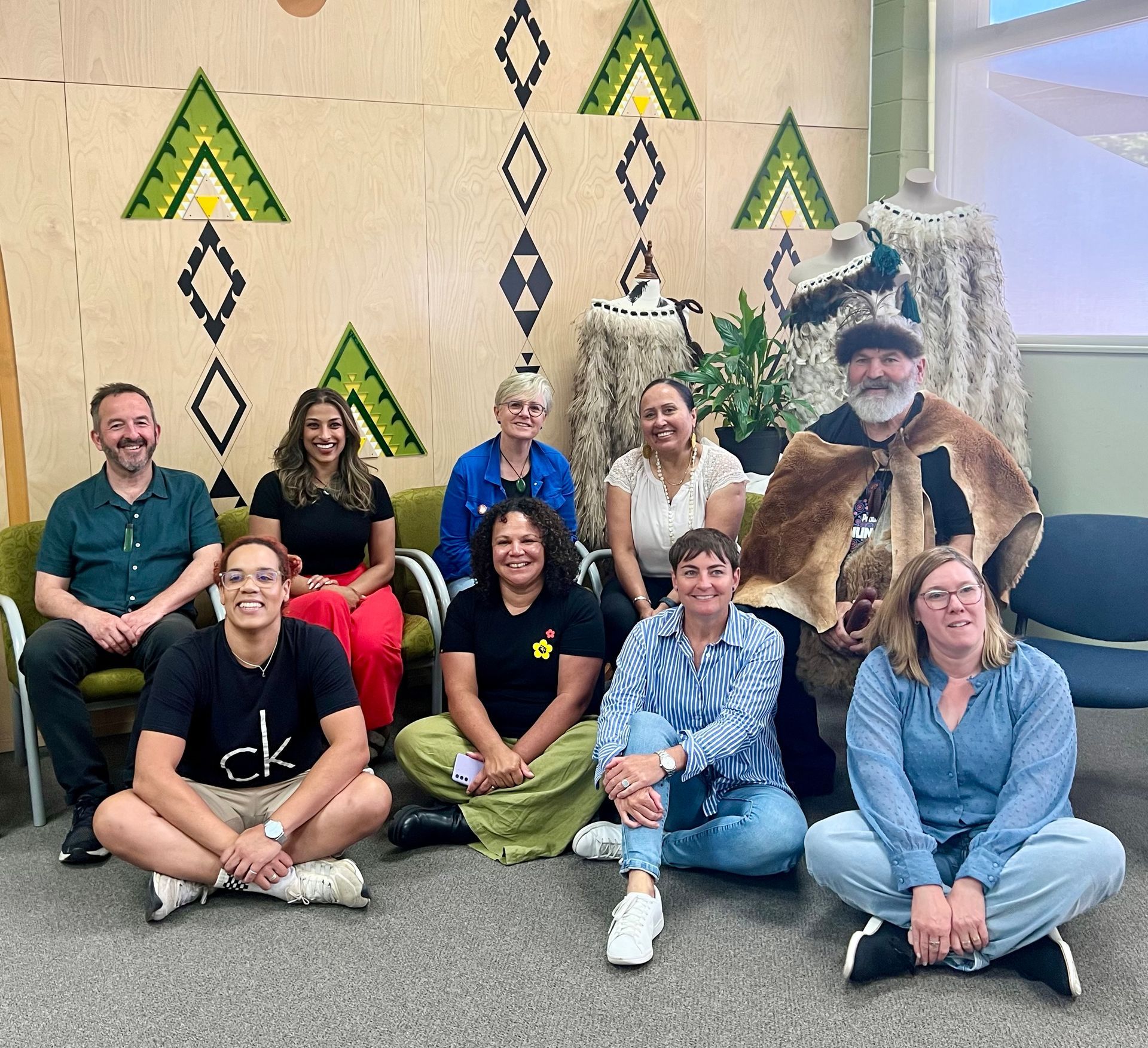
Indigenous Leaders Continue Collaborative Efforts to Strengthen Child Welfare and Cultural Practices
